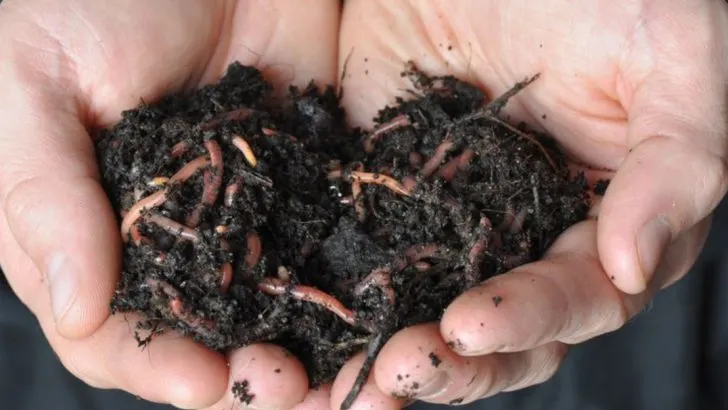Soil is much more than just dirt—it’s a complex, living ecosystem that forms the foundation of every thriving garden. Beneath the surface, billions of microorganisms work tirelessly to break down organic matter, cycle nutrients, and support plant health.
Understanding what’s happening in your soil can transform your approach to gardening, helping you create richer, more fertile ground without relying heavily on chemicals. Healthy soil leads to stronger plants, better yields, and a more resilient garden overall.
In this article, uncover the secret life of soil and learn the essential facts every gardener should know to cultivate a vibrant and sustainable garden.
The Microbial Metropolis
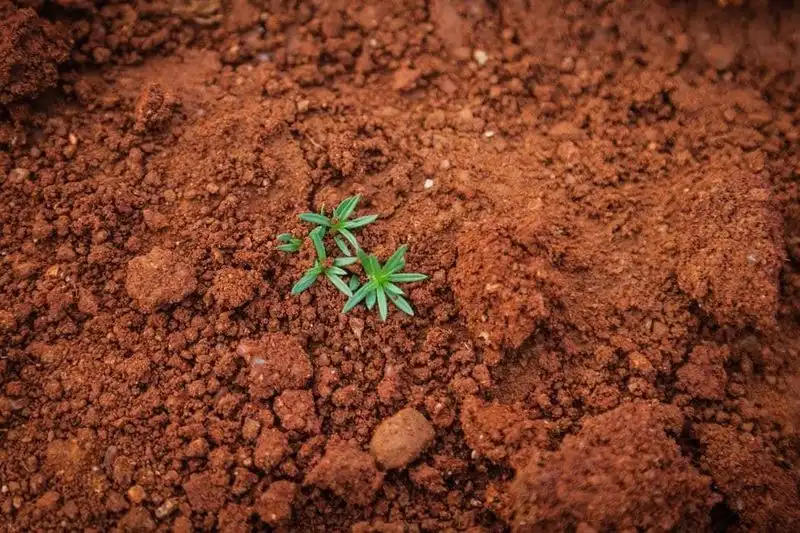
Beneath the surface lies a bustling city of microbes. These microscopic organisms play a vital role in breaking down organic matter and recycling nutrients. Imagine a world where bacteria, fungi, and protozoa work together, creating a balanced ecosystem. Their interactions promote plant health by enhancing nutrient availability and protecting roots from disease. Gardens thrive when this microbial community flourishes.
To encourage this life, incorporate organic matter like compost into your soil. Diverse plantings also support microbial diversity. Remember, healthy soil is teeming with life, essential for robust plant growth.
A thriving microbial metropolis is the backbone of a vibrant garden.
The Role of Earthworms
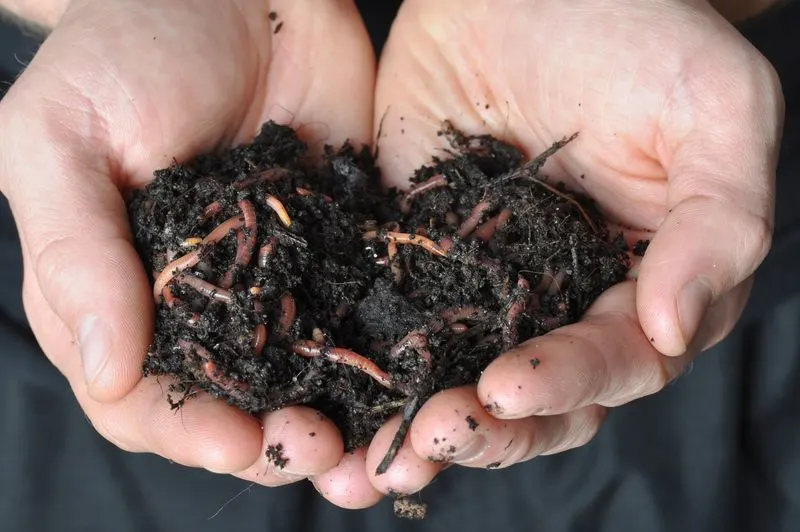
Known as nature’s tillers, earthworms are invaluable allies in the garden. Their burrowing activity aerates the soil, improving water infiltration and root growth. Earthworms digest organic matter, producing nutrient-rich castings that enhance soil fertility.
These humble creatures create channels that allow air and water to penetrate, benefiting plant roots. A garden with a healthy earthworm population often boasts lush, verdant growth.
Attract earthworms by adding organic materials like leaves and kitchen scraps to your garden. A vibrant earthworm community is a sure sign of fertile, productive soil.
Soil’s Water Retention Magic
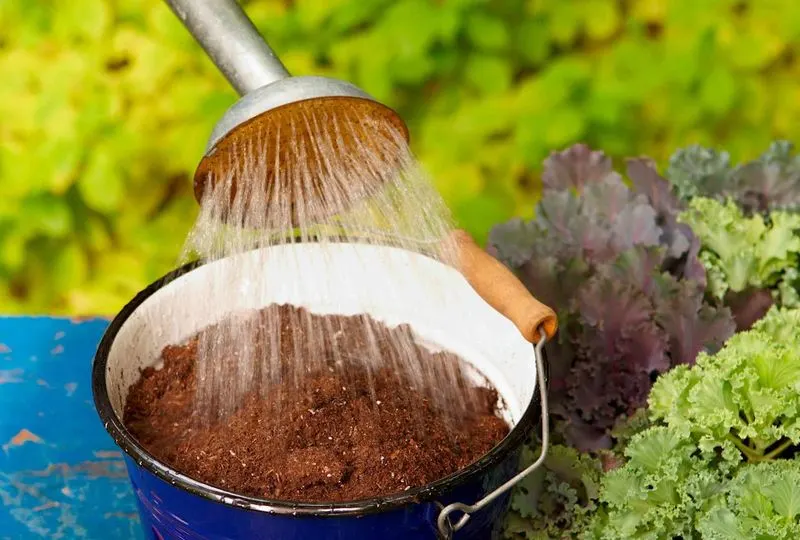
Soil’s ability to retain water depends on its structure and composition. Sandy soils drain quickly but lack water-holding capacity, while clay soils retain moisture but may lead to waterlogging. Loam, a mix of sand, silt, and clay, offers the perfect balance.
Understanding your soil type helps manage watering practices effectively. Amend soil with organic matter to improve water retention and prevent nutrient leaching.
A well-structured soil ensures plants receive consistent moisture, crucial for healthy growth. Mastering soil hydration can transform your garden into a resilient landscape.
The pH Puzzle
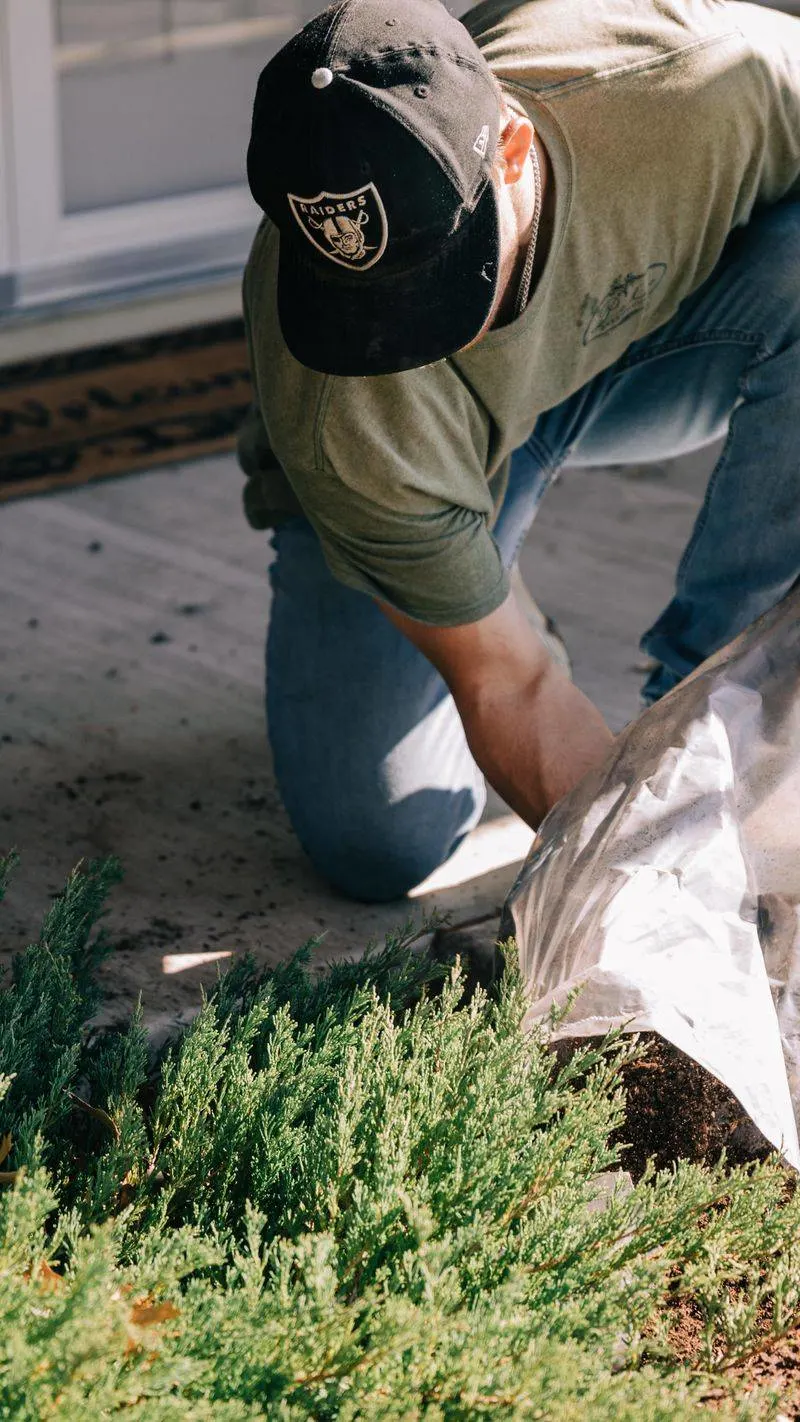
The pH level of soil influences nutrient availability and plant health. Most plants thrive in slightly acidic to neutral soil, with pH levels between 6.0 and 7.5. Testing soil pH is essential for adjusting nutrient management practices.
Lime can raise pH, while sulfur can lower it. Understanding your soil’s pH helps tailor fertilization strategies for optimal plant growth.
Different plants have specific pH preferences, so knowing your soil’s acidity or alkalinity allows for better plant selection and care. Navigating the pH puzzle is key to cultivating a successful garden.
Organic Matter Marvels
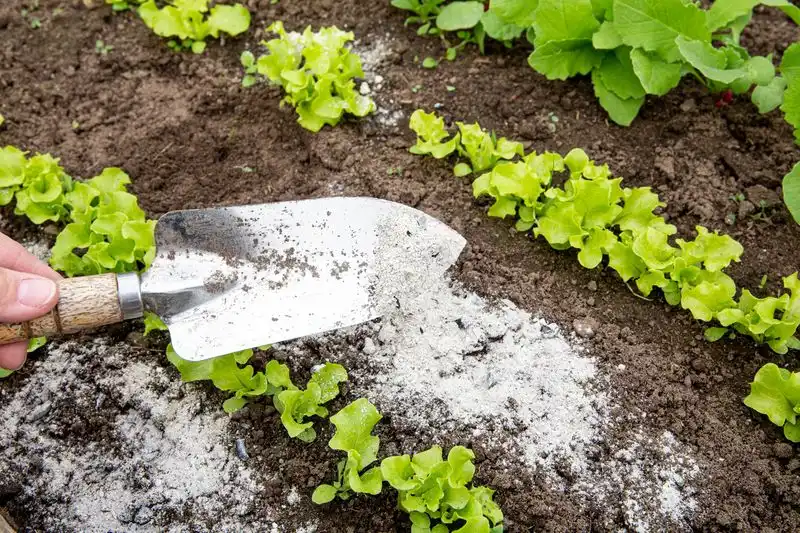
Organic matter is the heart of healthy soil. It improves soil structure, enhances nutrient retention, and promotes microbial activity. Compost, leaf mold, and well-rotted manure are great sources of organic matter.
Incorporating these materials enriches soil, providing a steady supply of nutrients to plants. Over time, organic matter breaks down, creating humus that enhances soil fertility and moisture retention.
A garden rich in organic matter sustains vibrant plant life and reduces the need for synthetic fertilizers. Embrace the organic matter revolution for a thriving garden.
Soil Compaction Concerns
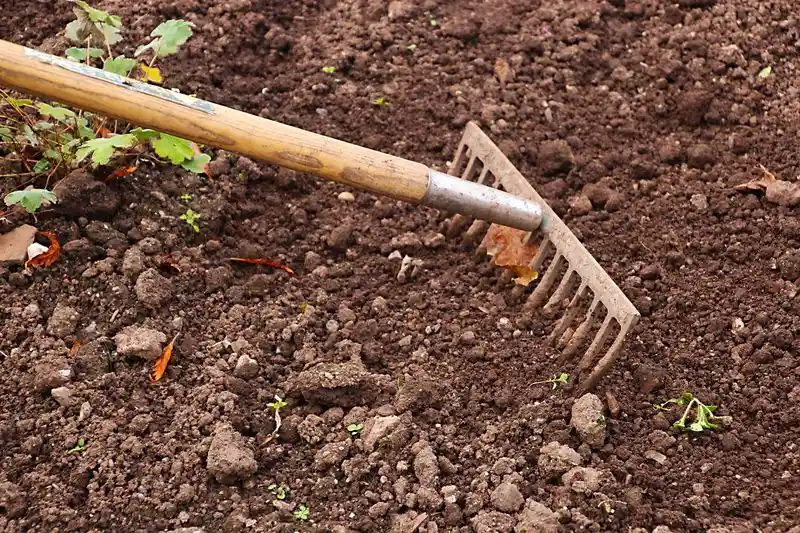
Compacted soil restricts root growth, reducing water and nutrient uptake. It’s often caused by heavy foot traffic or machinery. To alleviate compaction, aerate the soil using a garden fork or aerator.
Incorporating organic matter can also improve soil structure, making it more friable. Avoid working on wet soil to prevent further compaction.
Addressing soil compaction ensures roots have the space to grow and access essential nutrients. A well-aerated garden promotes robust plant development and bountiful harvests.
The Rhizosphere: Root Relationships
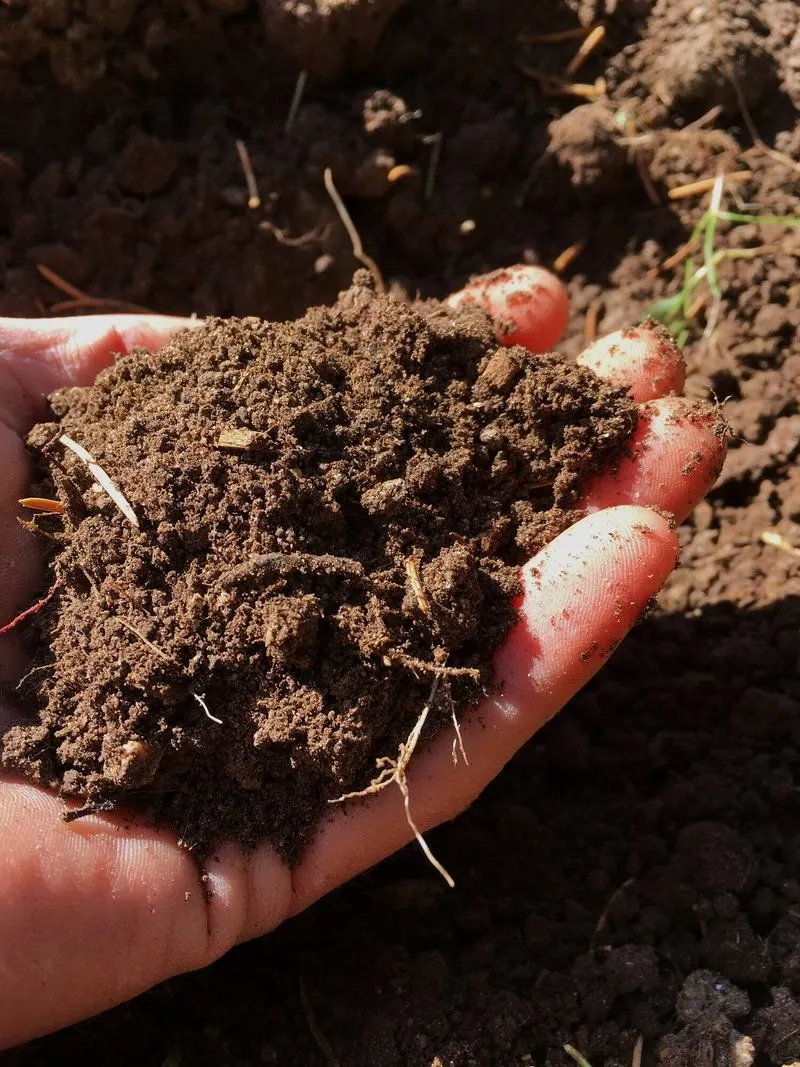
The rhizosphere is a dynamic zone surrounding plant roots where various interactions occur. Roots exude compounds that attract beneficial microbes, enhancing nutrient uptake.
This symbiotic relationship strengthens plant resilience against diseases and environmental stress. Encourage a thriving rhizosphere by maintaining diverse plantings and incorporating organic matter.
Understanding root relationships unlocks the potential for healthier, more productive plants. The rhizosphere is a vital component of a flourishing garden ecosystem.

